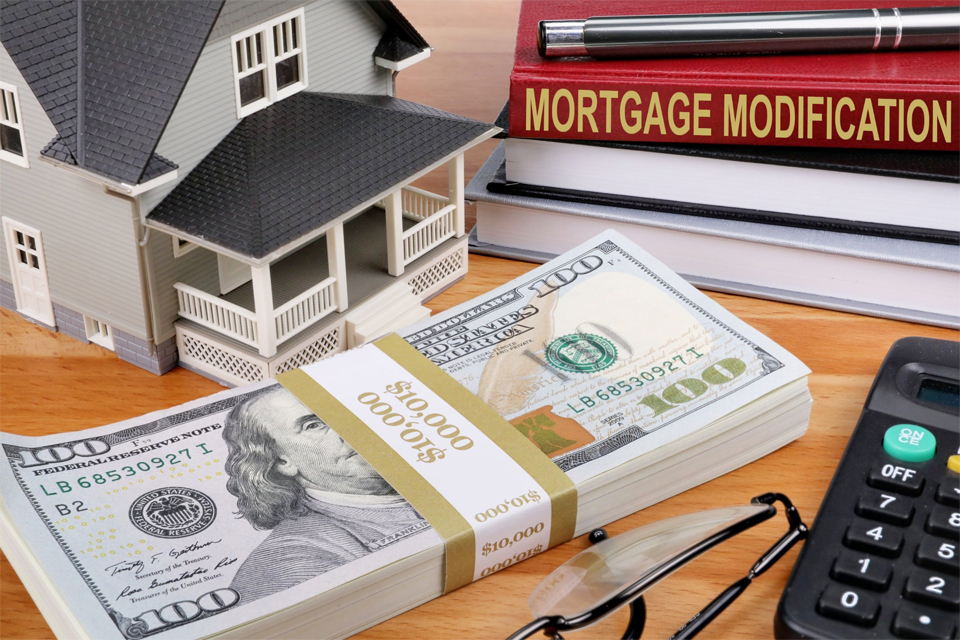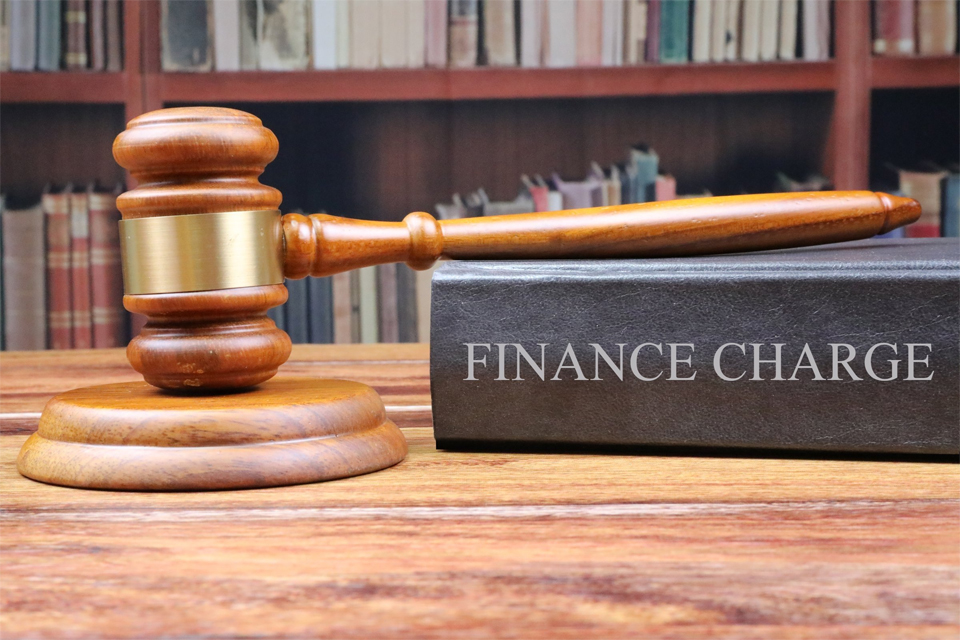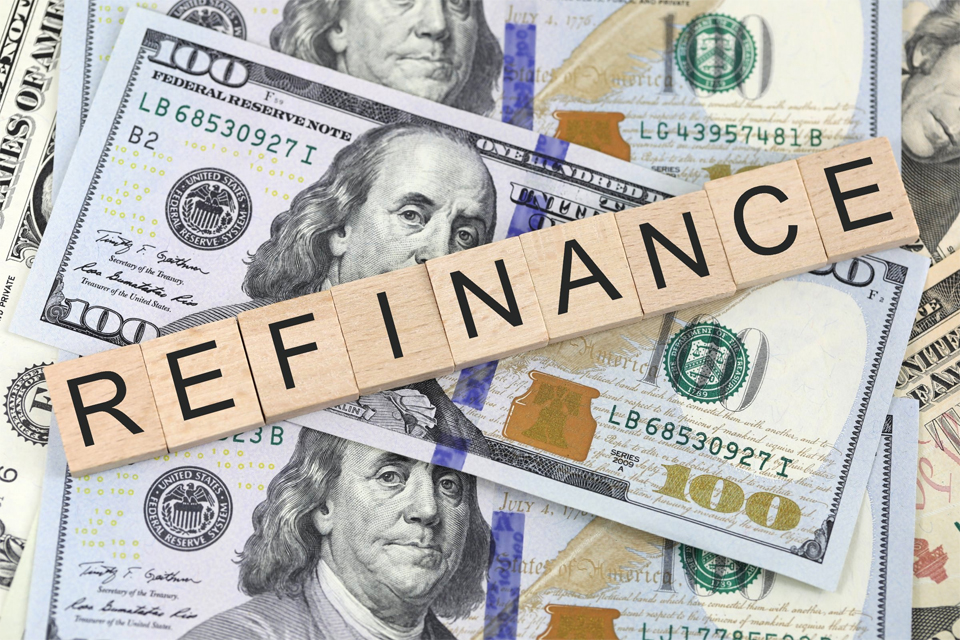Loan Modification Vs. Refinance
Owning a house can bring joy, a feeling of accomplishment, and security. A home is a source of pride and a place to build lasting memories. However, to keep this asset, mortgage payments are usually necessary. Many homeowners want a loan when purchasing a property.
What happens when financial hardship and monthly payments become too high? Perhaps a homeowner in mortgage forbearance is concerned about what might happen when it ends. Several things can spur the need for financial assistance.
When it comes to dealing with the burden of mortgage payments, two of the most common solutions are loan modification and refinancing.
Understanding Loan Modification
A loan modification is exactly what it sounds like — an alteration of an existing loan rather than getting a new one. The process involves the conditions of a home loan being adjusted outside of the original terms.
This mortgage modification helps a borrower who is facing difficulty making payments or is at risk of foreclosure. The changes can include reducing interest rates, extending the payment terms, or reducing the principal balance.
How a Loan Modification Works
To begin the loan modification process, the borrower must contact the lender and provide documentation showing their current financial hardship and the reasons they can't make their monthly payments.
Proof of a difficult situation includes verification of income, bank statements, validation of assets, and any other relevant documentation. After reviewing the borrower’s financial plight, the lender may adjust the loan.
Once the creditor agrees on a loan modification, they typically offer the debtor a new loan agreement that outlines the current terms. The settlement may include a lower interest rate, principal reduction, or a longer repayment period.
In some cases, the lender may also agree to waive or reduce late fees or other penalties. When the new loan agreement is signed by both parties, the borrower must make the agreed-upon payments on time and in full. If the debtor defaults on the new loan term, the lender may begin the foreclosure process.
The loan modification procedure is a complicated one. Hiring an experienced attorney is the best way to ensure getting the right deal and completing the process.
Advantages and Disadvantages of a Loan Modification
Loan modification can be a great way to avoid foreclosure without bankruptcy. However, the process needs to be done on time.
If a homeowner successfully gets an existing mortgage adjusted, they can benefit from the new terms. However, there are also disadvantages.
Pros of a Loan Modification
Lower Monthly Payments
If a property owner is experiencing financial hardship, it can be challenging to make even one monthly payment on a loan. One of the most significant benefits of a home loan modification is the ability to lower the monthly mortgage payment to a more affordable amount.
Lower Interest Rate
Lowering the interest rate on a mortgage loan can lead to substantial savings during the life of the mortgage. As a result, the borrower can pay off the home loan balance faster.
Longer Loan Term
Extending loan terms can also help lower monthly payments, allowing the borrower to better manage their budget and avoid foreclosure.
Reduced Fees
Some lenders may be willing to waive fees and penalties associated with an existing home loan. This can result in additional savings.
Cons of a Loan Modification
Impact on Credit Score
A loan modification may lead to a decrease in credit score. However, it is much less detrimental than bankruptcy, foreclosure, or a series of late payments.
Non-approval
Each loan provider has criteria for loan modifications, but homeowners must be in financial trouble to qualify. While waiting for authorization, payments may be missed, which can hurt a credit score. At the end of the process, there is no guarantee of approval.
Faster foreclosure
If a monthly payment is missed following a loan modification, this may speed up the foreclosure process.
When Is a Loan Modification the Best Option?
In certain situations, it makes sense to pursue a loan modification before considering a refinance.
- Principal reduction. A refinance will not decrease the mortgage principal, but a loan modification may be a good option if at risk of foreclosure.
- Underwater mortgage. If a homeowner owes more on their property than it is currently appraised for, that is an underwater mortgage. This can occur if mortgage payments are missed early in the loan term or if property values in the area have decreased. Most lenders will not allow refinancing for an amount higher than the home's current value.
- Behind on monthly mortgage payments. Once the borrower is behind on monthly loan payments, a lender will not permit a refinance. Some refinancing programs for underwater loans require at least six consecutive on-time payments to be eligible. If it's impossible to make monthly payments up to date, a mortgage loan modification is the best option.
Who Is Eligible for Mortgage Loan Modifications?
Mortgage loan modifications are for borrowers who could not refinance and have already tried other mortgage relief measures. To be eligible for a loan modification, it is typically necessary for a borrower to have defaulted on their mortgage after having missed a minimum of three payments.
Understanding Mortgage Refinance
Refinancing a home loan involves paying off the current loan by taking out a new one. This essentially replaces the present mortgage with a new home loan.
It is best to refinance when interest rates are lower than when the original allowance was issued, as this can provide preferable terms.
How Mortgage Refinancing Works
The process of refinancing a mortgage begins with pre-qualification. Borrowers must provide financial information, such as income, assets, and debts, to a lender to determine eligibility.
If approved, the debtor will be presented with a loan estimate, which includes the terms, projected monthly mortgage payments, and estimated closing costs. Once the borrower finds a loan they want to pursue, they will submit an application to the lender.
An appraisal will be done to determine the property's market value, and the individual's credit report will be checked. The lender will use this information to finalize the new terms, such as the interest rate and loan amount.
Advantages and Disadvantages of Refinancing
Refinancing a mortgage can be a great way to save money in the long run. However, there are potential risks and costs associated with this prospect. It’s important to consider both the advantages and disadvantages before deciding.
Pros of Refinancing
Lower Interest Rates
One of the primary benefits of refinancing is lower interest rates on mortgage payments. It can help the borrower save money by reducing the overall cost of the loan.
Shorter Loan Term
Refinancing can shorten the length of a mortgage term. A 30-year mortgage loan, for example, can be reduced to a 15-year plan. This also leads to interest rate reduction, which can result in paying off a loan faster.
Cash Out Refinance
A cash-out refinance to access the home equity is an option. With this type of refinancing, it's possible to take out a new loan for more than what is owed on the current mortgage.
The difference between the present amount and the balance of the previous loan is paid out in cash at closing. This money can be used for home renovations, debt consolidation, or other financial needs.
Adjustable-rate Mortgage
A property holder has the option to change the terms of a mortgage. The loan's duration can be altered or changed from a fixed-rate mortgage to a variable-rate loan.
Change the Loan Type
Another benefit of refinancing is the ability to change the loan type. A Federal Housing Administration (FHA) loan, for instance, can be refinanced to get a conventional loan.
If a homeowner gets a traditional mortgage, they are offered lower interest rates and have fewer restrictions than an FHA loan because it is under private mortgage insurance.
Cons of Refinancing
Closing Costs
Refinancing can be expensive. Homeowners may have to pay closing costs, such as appraisal, underwriting, title searches, and legal fees.
Lower Home Equity
A cash-out refinance gives a homeowner access to the equity in their home, which reduces it as they borrow against it. This can be risky if the individual needs to borrow money against their home equity in the future.
Negative Amortization
When deciding whether to refinance a mortgage payment, amortization should be considered.
Refinancing involves replacing the current loan with a new mortgage, thus restarting the process of paying off the mortgage. In essence, a borrower may end up owing more on the loan than they originally borrowed.
When Is Mortgage Refinancing the Best Option?
Considering refinancing a mortgage is wise in the following scenarios:
- A need for cash. A cash-out refinance can help pay other bills and expenses, such as medical costs.
- No underwater mortgage. If a homeowner foresees potential financial hardship but has not yet skipped any mortgage payments, refinancing to reduce monthly costs is the better option.
- A need for a lower interest rate with enough home equity. Having at least 20 percent home equity is usually necessary to qualify for refinancing. If interest rates have dropped since the initial loan was issued, a mortgage refinance may be a good option to save money.
We are Florida short sale experts, contact us today.
Who Is Eligible for a Mortgage Refinance?
Most lenders require that borrowers have a credit score and enough equity (at least 20 percent) to qualify for a mortgage refinance. Also, the borrower must meet the debt-to-income ratio (DTI) requirement.
This rate is calculated by dividing the monthly debt payments by the monthly income. Generally, the maximum DTI to get approved is 43 percent.
Loan Modification Vs. Mortgage Refinance — Which Is the Best Deal?
At the end of the day, it's not a matter of a mortgage loan modification being better than refinancing or vice versa. Choosing one depends on a person's financial situation.
If a homeowner is looking to lower mortgage payments and keep their current home, a loan modification may be the best option.
With a loan modification, it is easier to work with a lender to reduce interest rates, extend the term of a mortgage, or reduce the principal balance.
On the other hand, if a proprietor wants to cut down interest rates and possibly take advantage of a lower monthly mortgage payment, a refinance loan modification may be the ideal option.
In the case of a loan rate modification vs. refinance, there is no winner or loser. The best option for a better deal weighs on a homeowner's unique situation and financial goals.
It is important to research both options and speak to a financial advisor to determine which one is the ideal fit.
FAQs About Loan Modifications and Refinancing
The details of a mortgage loan modification and refinancing are so much they can get lost in translation. Homeownership is an achievement and comes with great financial responsibilities.
Things can go wrong to throw a dent in a property owner's financial security. Therefore, it's important to understand mortgage and loan options. Here are questions that may help parties to further understand the ins and outs of the two options:
Are there government-assisted loan modification programs?
Mortgage loan modifications are the most common because of the large amounts of money involved. During the housing foreclosure crisis of 2007-2010, the government created several loan modification programs to help borrowers.
Despite many programs having expired, government-sponsored assistance is still accessible to some borrowers.
- The FHA-HAMP (Home Affordable Modification Program) may provide adjustable options for mortgages insured by the Federal Housing Administration.
- The Federal National Mortgage Association, widely recognized as Fannie Mae, offers a program known as Flex Modification to help homeowners keep their properties.
- Military veterans can access mortgage delinquency advice from the U.S. Department of Veterans Affairs.
Can homeowners refinance after missing monthly mortgage payments?
When assessing a refinance request, a mortgage lender verifies that the current loan is up to date, with no late or missed payments.
Once a homeowner applies for refinancing, the loan company will review the individual's credit report and verify that payments have been on time with the current lender. This is done even with existing customers.
Every debtor is held to the same credit standards as all other refinance applicants. A missed monthly payment or one received 30 days or more after the due date could be an indication of financial difficulty or mismanagement of mortgage payments. Therefore, an individual is at risk of being disqualified from refinancing.
After missing mortgage payments, the better option may be to apply for a loan modification. Delinquency of monthly installments is a requirement for eligibility for that option.
How do I know if I qualify for a mortgage loan modification?
To qualify for a mortgage modification, a homeowner must show financial hardship and be able to prove that they are unable to make loan payments as they are currently structured.
A lender will also consider credit history, income, and other factors when determining eligibility.
How long does it take to get a mortgage loan modification?
The timeline for a mortgage loan modification can vary depending on the lender, the complexity of the situation, and other factors.
Furthermore, the application process alone takes time, and borrowers may wait a while for the loan company's response. Generally, the procedure can take anywhere from one to several months.
What is the cost of a mortgage loan modification?
When a mortgage is changed, there are no closing fees, unlike refinancing. This option simply alters the conditions of the existing terms and rarely requires any payment to the lender.
How do loan modifications affect credit?
A mortgage modification may have little effect on credit if the lender does not consider it a form of settlement when reporting to credit bureaus. In rare cases, a credit score may even improve due to a decrease in housing costs.
However, the homeowner should anticipate that the loan company might report mortgage modification as a settlement or adjustment. It's best to be prepared for the likely consequences, which would likely include a negative effect on credit score.
How long does loan modification stay on a credit report?
Lenders may report a loan modification to credit bureaus as a form of settlement or change to the terms of the loan. This could have a damaging effect on credit, as it might appear that the loan is not being paid according to the original agreement.
Unfortunately, negative information such as loan modifications (if they're reported negatively) and foreclosures will stay on a credit report for seven years.
This results in the credit score dropping, which means higher interest rates on future loans, difficulty being approved for new credit, or even being denied.
Final Verdict
After considering both loan modification and refinancing, it's clear that one is not ahead of the other, as they depend on an individual's situation. Both can help reduce monthly payments, but they have vastly different implications.
A loan modification is a process in which lenders adjust the terms of a loan to make it more affordable for the borrower while refinancing involves taking out new credit to pay off the existing one.
It's up to a homeowner to assess their situation, seek expert advice, and understand the mortgage options to choose the best solution.


